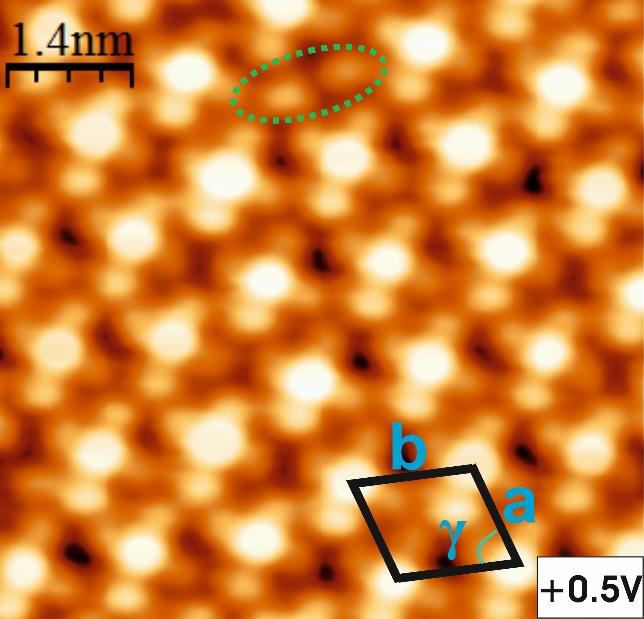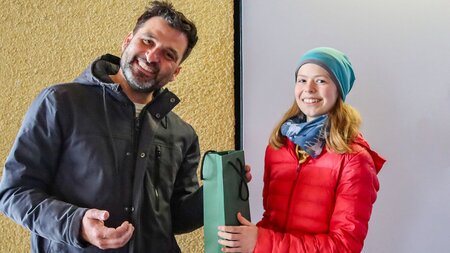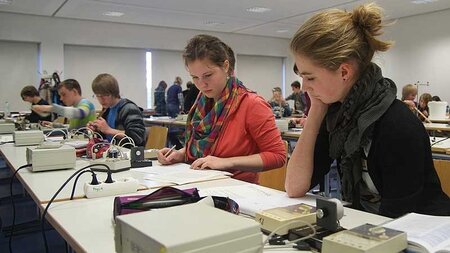STM - study on organic molecules
Scanning Tunneling Microscopy (STM) based on quantum mechanical tunneling effect is one
of the most powerful tools to study ultra-small structures on surfaces. Consisting of a sharp
conducting tip which is scanned across a flat conducting sample, STM provides not only real-
space images of adsorbed molecules on surfaces with atomic resolution, but also electronic
properties of the material via recording tunneling spectra.
With several different kinds of STM’s in our group one can study self-organization processes
at the molecular level under a variety of conditions, e.g. ultra-high vacuum or ambient
environments, spanned from room temperatures (300 K) all the way down to 4.2 Kelvin. A
variable-temperature scanning tunneling microscope (Omicron VT STM) with a LEED/Auger
function provides high resolution measurements with base pressure of < 1E-10mbar at room
temperature and below. Additionally, one low-temperature scanning tunneling microscope/Q+
atomic force microscope (Omicron LT-STM/Q+ AFM) is also available for atomic and
molecular manipulation studies, as well as spin-polarized STM with a maximum internal
magnetic field of 0.5 T. Furthermore, investigation of organic molecules on surfaces can be
carried out also at the liquid-solid interfaces using an RHK and a Burleigh ambient STM’s.






